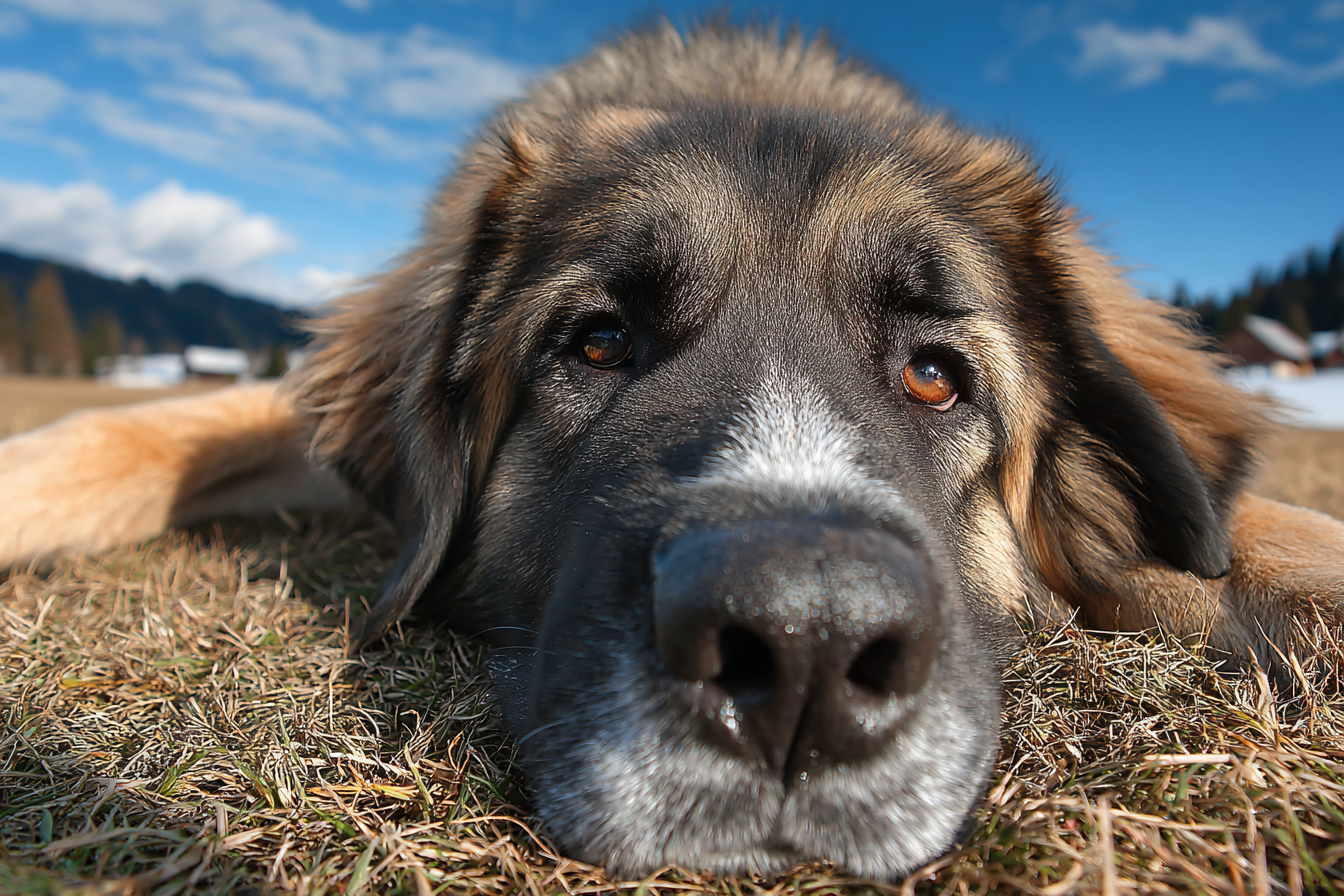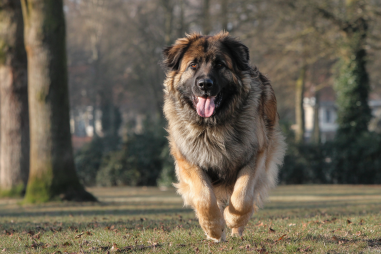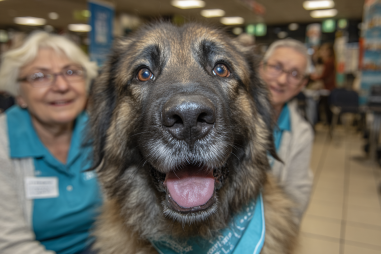Leonbergers are majestic and gentle giants, beloved for their friendly nature and striking appearance. Like many large dog breeds, however, they come with specific health considerations that potential and current owners should be well informed about. Understanding these common health issues and knowing how to manage and recognize them can make a big difference in your Leonberger’s quality of life. This article walks you through the key health concerns, preventive care strategies, and how to keep your furry friend happy and healthy for as long as possible.
Hip and Elbow Dysplasia
One of the most common health problems affecting Leonbergers is hip and elbow dysplasia. These are inherited developmental conditions where the joints do not form properly, leading to joint instability, pain, and arthritis over time. Because Leonbergers are a giant breed, the stress on their joints is naturally higher, making them more susceptible to these conditions.
Hip dysplasia occurs when the ball and socket of the hip joint don’t align correctly, which results in abnormal wear and tear. Elbow dysplasia involves multiple developmental abnormalities of the elbow joint. Both conditions can cause limping, stiffness, difficulty rising after lying down, and reluctance to exercise.
While hip and elbow dysplasia cannot be cured, early diagnosis is critical. Treatment options range from weight management and controlled exercise to physical therapy and, in severe cases, surgery. Responsible breeders perform hip and elbow screenings through organizations such as the Orthopedic Foundation for Animals (OFA) to reduce the incidence of these problems. When selecting a Leonberger puppy, checking the health certifications of the parents is essential.
Heart Conditions
Heart disease is another concern in Leonbergers, with dilated cardiomyopathy (DCM) being one of the most prevalent conditions. DCM is a serious disease where the heart muscle becomes weak and enlarged, making it difficult for the heart to pump blood efficiently. Symptoms can be subtle initially but may progress to coughing, fatigue, fainting, or difficulty breathing as the condition worsens.
Regular veterinary checkups, including heart evaluations, can help in early detection of DCM or other cardiac issues. Some breeders include genetic testing to screen for heart problems in their breeding dogs, which helps lower the risk of passing on these diseases. Maintaining a healthy weight, proper diet, and avoiding excessive stress can also support heart health in your Leonberger.
Gastric Torsion (Bloat)
Gastric torsion, commonly known as bloat, is a life-threatening emergency that large, deep-chested breeds like the Leonberger are at increased risk for. Bloat occurs when the stomach twists on itself, trapping gas and cutting off blood supply. This condition develops rapidly and requires immediate veterinary intervention.
Signs of bloat include a swollen, hard abdomen, restlessness, drooling, retching without vomiting, and signs of pain. Because bloat progresses so quickly, recognizing these symptoms and getting emergency care without delay can save your dog’s life.
To reduce the risk of bloat, feed your Leonberger multiple small meals throughout the day rather than one large meal, avoid vigorous exercise right before and after eating, and discuss with your vet the potential benefits of preventive surgical options such as gastropexy (a procedure to anchor the stomach).
Eye Diseases
Leonbergers can also be prone to various eye conditions, including entropion (where the eyelid rolls inward), ectropion (where the eyelid droops outward), and cataracts. These issues can cause discomfort, irritation, and in severe cases, vision impairment or loss.
Regular eye checkups are important, especially if your Leonberger shows signs of excessive tearing, redness, squinting, or visible discomfort. Some eye conditions may require surgical correction, while others can be managed with medication. Early detection ensures better outcomes and helps preserve your dog’s vision.
Preventive Healthcare Tips
Caring proactively for your Leonberger’s health can prevent or delay many issues. Here are several important preventive measures to consider:
- Balanced Nutrition: Feed a well-formulated diet appropriate for large breed puppies and adults to support gradual, healthy growth and maintain optimal weight.
- Regular Exercise: Moderate daily exercise helps keep joints healthy and supports heart function, but avoid high-impact activities that could stress developing joints.
- Weight Control: Obesity increases the risk of joint diseases and heart problems, so keeping your Leonberger at a healthy weight is critical.
- Dental Care: Routine brushing and dental checkups reduce the risk of oral diseases that can impact overall health.
- Parasite Prevention: Protect your dog from fleas, ticks, and intestinal parasites with appropriate medications recommended by your vet.
Vet Checkup Schedules
Regular veterinary visits are a key part of managing your Leonberger’s health. Puppies require frequent checkups to monitor growth, vaccination schedules, and early detection of congenital problems. For adult dogs, an annual wellness exam is usually sufficient, but large breeds prone to specific conditions may benefit from more frequent evaluations.
These visits typically include weight and body condition scoring, joint assessments, dental exams, and may also involve blood work and heart monitoring as your dog ages. Discuss any changes in appetite, behavior, or physical abilities with your vet promptly to catch issues early.
In some cases, specialized tests such as hip and elbow X-rays or cardiac ultrasounds can be recommended based on your dog’s age, breed risk factors, and clinical signs. Staying proactive with veterinary guidance ensures your Leonberger receives timely care tailored to their specific needs.
Helping Your Leonberger Thrive
Owning a Leonberger is a rewarding experience, but it comes with the responsibility of being vigilant about their health. Being informed about common Leonberger health issues empowers you to take the best possible care of your dog. By focusing on preventive care, maintaining a healthy lifestyle, and fostering a strong partnership with your veterinarian, you can help your Leonberger enjoy a long, happy, and comfortable life by your side.







